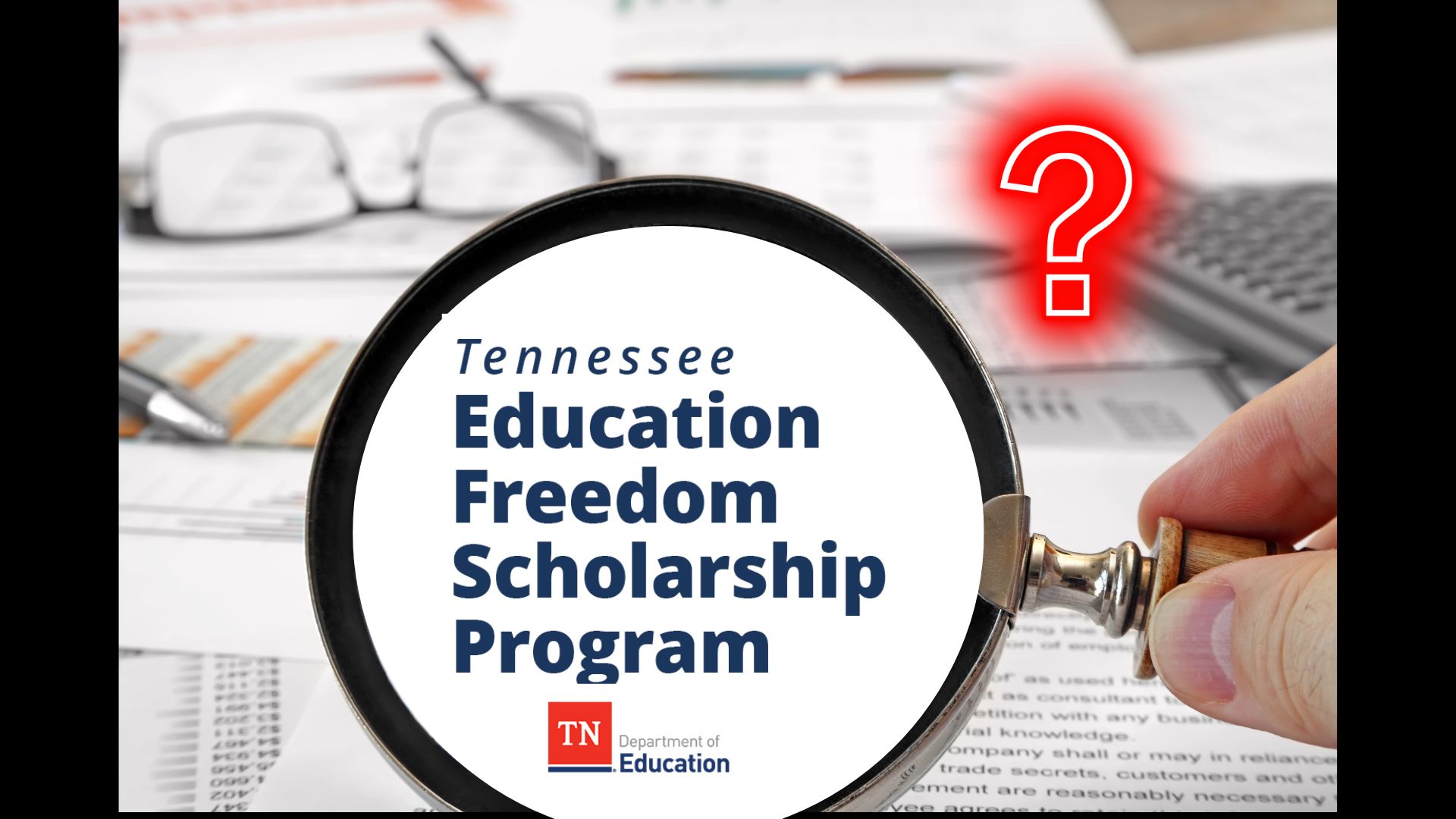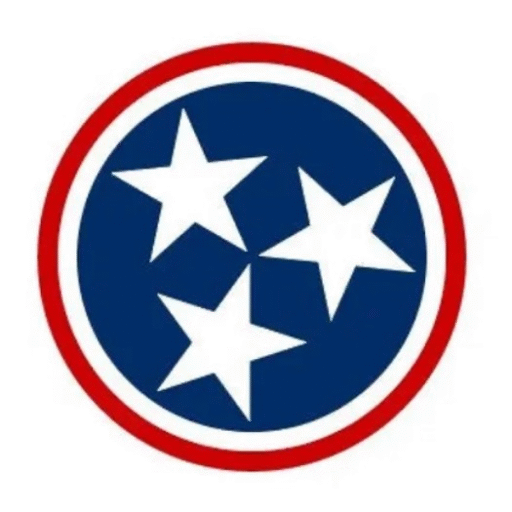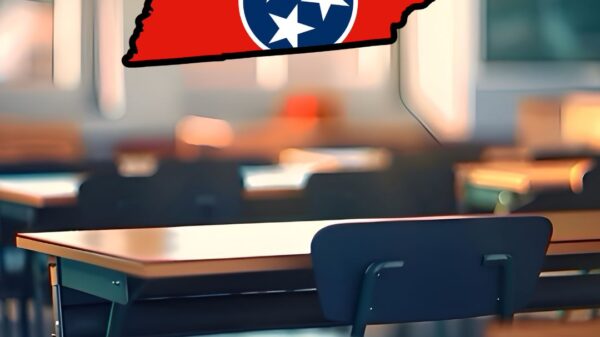There are increasing concerns that Tennessee taxpayer money funding the voucher program promoted by Governor Bill Lee and approved by the legislature earlier this year is flowing into Muslim private schools in the state. Schools that clearly indoctrinate students in what some see as a potential path to radical Islamic ideology. The issue of how those voucher funds support Muslim training in Tennessee has become an issue among Republicans in the bitterly contested 7th District Special Election for Congress.
Jody Barrett had raised concerns about the funding of Muslim schools as he opposed the legislation. That opposition as fueled over $1 million in PAC money being spent against him in his congressional race.
However, aside from concerns that taxpayer dollars are funding Islamic schools is the fact that the funds are primarily going to those students who were ALREADY enrolled in private school and overwhelmingly to urban and suburban areas while several rural communities are completely shut out. Additionally, the funds allocated for vouchers exceeds the per pupil expenditure for students in public schools across the state.
Families in Knoxville received the most voucher funds of any city in Tennessee, with 2,557 students receiving the nearly $7,300 voucher to be used at private schools. Memphis students received the second-most with 1,888, followed by Nashville with 1,267. 1,188 students in Chattanooga received the funds.
State Department of education records reveal that students living in some of the wealthiest areas in the state were awarded the most vouchers, compared to students in areas with a higher poverty rate.
For example, vouchers were awarded to 439 students from Franklin, 126 in Brentwood, and 168 in Belle Meade. Meanwhile, 20 students in Lawrenceburg, fewer than 10 in Smithville, and 13 in Newport received a voucher.
And although applications for vouchers were received from all 95 counties except for one, zero vouchers were awarded in nine counties in Tennessee: Benton, Fentress, Hardin, Henry, Jackson, Lake, Pickett, Scott, and Weakley counties. Many of those counties are represented by legislators who opposed the voucher bill, which included 20 Republicans.
The voucher bill narrowly passed thanks in large part to out of state groups like Club For Growth, Americans for Prosperity and others spending millions of dollars electing favorable legislators and defeating those opposed to their plan. They then spent even more lobbying hard in favor of the payment plan. Will they be able to protect legislator who supported the plan when faced with opposition pointing out the funding of Muslim schools, the disparity in areas receiving the funds, and the likely cost overruns as the plan is expanded at the expense of Tennessee taxpayers to $1 billion over the next five years? Vouchers can be expected to be a primary issue in state legislative races races in 2026, and the Republican primary in the seventh District special election for Congress is giving voters the first hint of how those battle lines will be drawn.
Steve Gill is editor and Publisher of TriStar Daily.
















